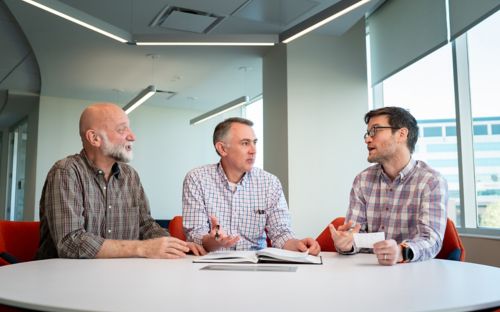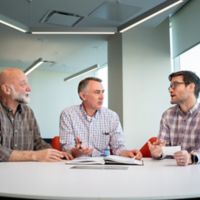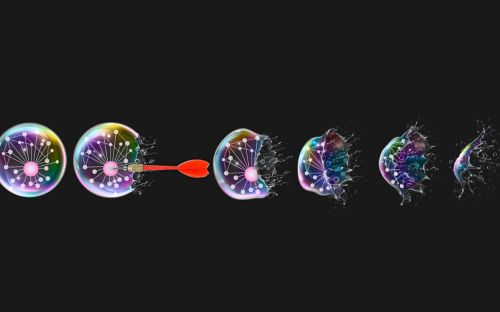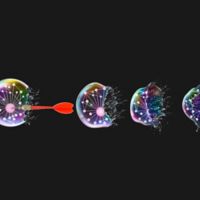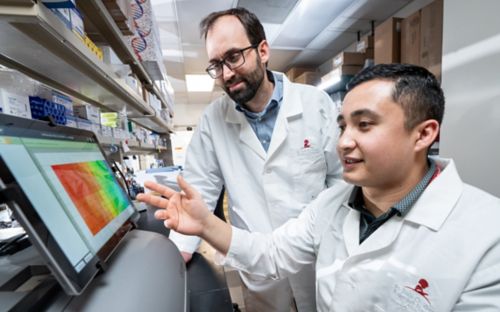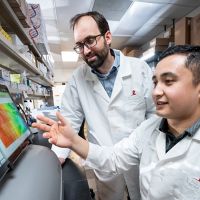AACR, St. Jude highlight collaboration and resources for pediatric cancer researchers
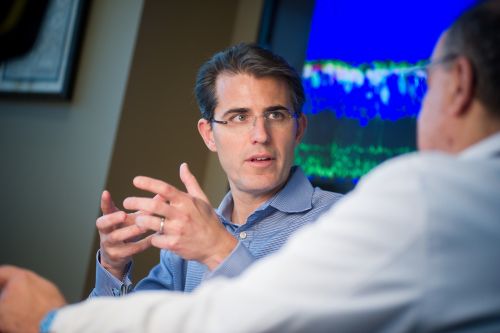
The annual meeting of the American Association for Cancer Research (AACR) highlights the best cancer science and medicine from around the world. The association is the world’s oldest and largest organization devoted to cancer research.
I attended this year’s meeting in Washington, D.C. to participate in the Pediatric Cancer Working Group session. The working group’s mission is to highlight childhood cancer research as a global priority. For me, it was an opportunity to collaborate with other researchers in all aspects of pediatric cancer research.
The session highlighted the significant progress that’s occurred toward cancer treatments and cures. But those advances expose more challenges.
For example, research is progressing toward personalized medicine based on the gene mutations of pediatric solid tumor patients. But additional research is needed to select the right drug for each type of mutation. In addition, many patients won’t have a mutation in their tumor that can be targeted with a drug.
At St. Jude, we’re working on other therapies to help those children. For the first time, we have combined epigenetic profiling, proteomic profiling and drug screening to identify new tumor vulnerabilities. Epigenetic profiling helps us understand how the genome is packaged in the cancer cells. Proteomic profiling highlights the signaling pathways that have gone awry in childhood solid tumors.
In fact, these methods led us to identify new weaknesses in the muscle and soft tissue cancer rhabdomyosarcoma that can be attacked with drug therapy. We’re planning those trials now.
These research advances also highlight why the Childhood Solid Tumor Network is so important. A major part of the St. Jude mission is to share our discoveries with researchers around the world. The Childhood Solid Tumor Network was created to do just that.
Through the network, we share data and laboratory models of tumors with researchers from around the world. We provide the resources at no cost, which makes it unique in the pediatric cancer biomedical research community.
The Childhood Solid Tumor Network is also a great example of how St. Jude donations positively affect research on pediatric cancer around the world.
Childhood solid tumors are rare. They originate in the complex biological context of developing organs. That means they are very different from adult cancer and require expertise in developmental biology.
I’m encouraged by the progress that’s being made, but understand there is much more to do. I enjoyed my time at AACR. I was able to share our most recent discoveries and explore collaborations to bring new treatments to children with rhabdomyosarcoma.

